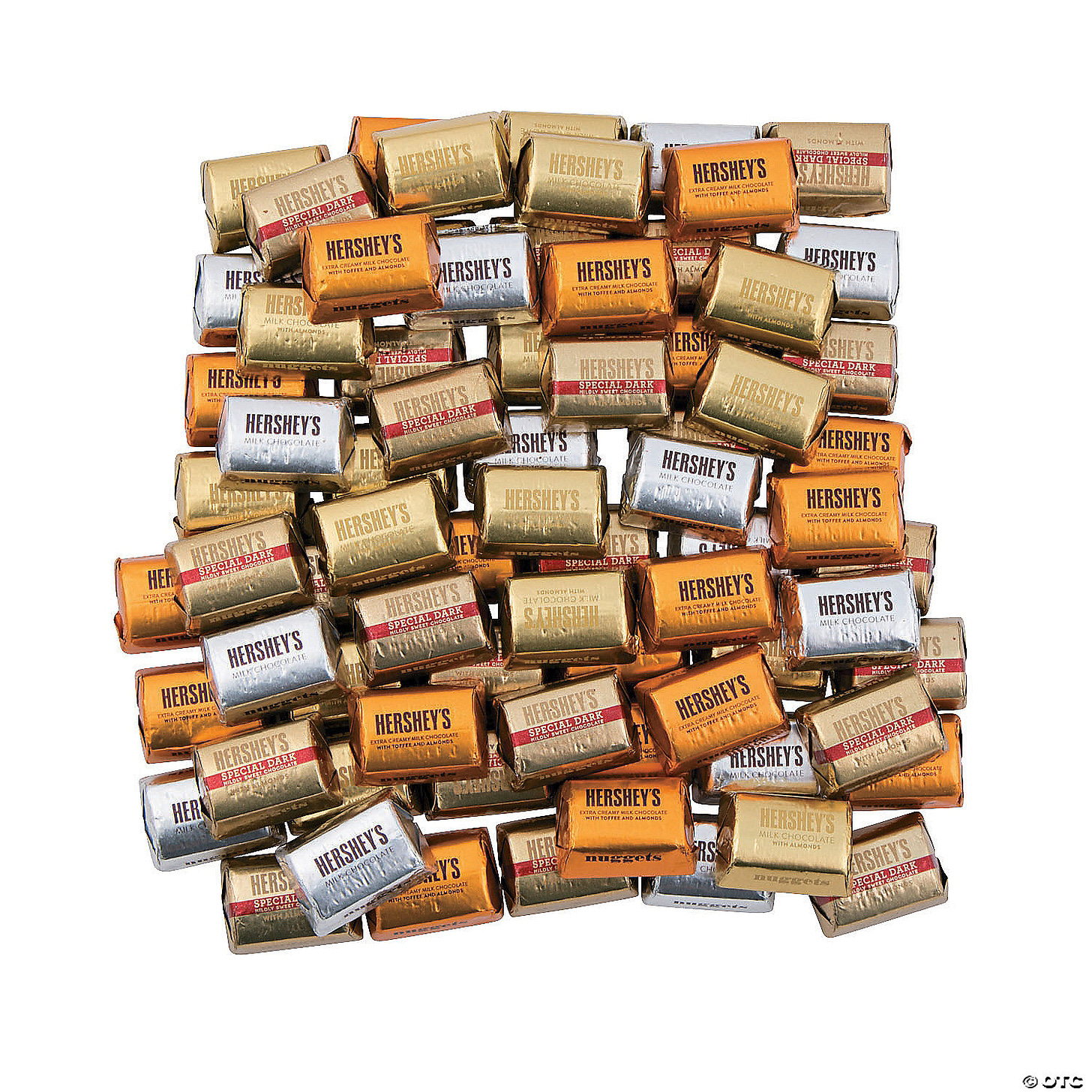CRAFT is a reader-supported email newsletter about the nuts and bolts of fiction writing and the world of publishing.
I will probably annoy someone by saying this, but I don’t believe that writers’ block (writer’s block? writers block?) is a real thing. Most people casually define it along the lines of “I want to write but I can’t.” But the word “can’t” has to do with physical capability, as in I can’t jump 7 feet vertically. I can do burpees, but I really really hate them so I won’t. So to correct the above, “I want to write but I won’t.” Writers like to think of writers block as something like a terrible plague that slips into your room like a malignant miasma and takes you over. It’s uncontrollable, unpredictable, and you don’t know what causes it and what will make it leave. I think even thinking about writers block this way is harmful because you start to feel like a feeling becomes a fact. That you have a feeling is a fact, but the feeling itself is not a fact. I like to use the analogy of writing as being like any other practice: playing the violin, or swimming—athletes are sometimes not in the zone but have to practice anyway. We think of writers block as a person sitting in front of a computer screen staring blankly at the whiteness, unable to type anything, but they could theoretically type something.
Let’s parse out the potential reasons and what you can do to break the brain embargo.
I can’t even get started
You’ve sat down with the intent of finally starting that novel and… nothing’s happening. Whether your goal is “start novel” or “revise entire book” odds are the thing that is paralyzing you is a feeling of being overwhelmed. I think a lot about when I was writing my dissertation. I made this poster of a thermometer, you know, like the ones you see that keep track of fund raising goals. I figured out how much work, generally speaking, the dissertation would take and what order it would have to occur in and marked off various indicators of completion: finish lit search for intro, write up methods section, data analysis study one, data analysis study 2. In other words, break it down into pieces that are manageable enough to fit in your head. For revision I would check out this (paywalled) post. If you’re starting a novel, you could brainstorm the premise, the plot, work on the characters. Never sit down to do the Big Thing, ie, write a novel (or worse, write the next Great American Novel). Sit down to do Tangible Thing.
I’m a worthless sack of shit and what is even though point because it will suck anyway.
This can happen to you at any time point: before you start, when you are halfway done, when you have just gotten a rejection letter. Um first, consider therapy. Next, I want you to take this consideration very seriously, dead seriously even though it sounds like I’m making a joke: no matter how shitty your writing, there are many, many writers who are shittier, and some of them wholeheartedly believe they are better than you, and some are getting ahead because they are out there writing and submitting stuff.
What is the point of writing this? you think when you sit down at your blank computer screen. There is no point because life is meaningless, stop thinking you were about to write Upton Sinclair’s The Jungle or Beloved something. My advice if you are stuck in this cycle is to try two different practices to break out of the rut. The first is to write something completely non-evaluative—something you wouldn’t necessarily label as “creative,” perhaps even something practical. Put down your novel or short story, and write the long, scathing letter to that obnoxious woman at the PTA that you are never going to send. (or maybe be chaotic and send it? and tell me what happens?) I once wrote a long letter of complaint to the Hershey’s Corporation because I felt the wrappers on their nuggets assortment were not differentiated enough by flavor. (they neither agreed, nor sent me any free stuff as compensation, which was my intended goal for the pain and suffering I experienced from confusing nuggets.)

Another nonevaluative exercise is called expressive writing. If you are feeling stuck or anxious or depressed, I highly recommend this activity even if you are not experiencing writers block. Sit down and set a timer for 15 minutes every day with no distractions. Your goal is to write for 15 minutes straight with no breaks about your feelings. You will never read this text again. Neither will anyone else. (you can rip it up after if you’d like.) Don’t worry about your handwriting or if the way you are telling the story is sequential or “good.” But you ARE writing about your feelings, not exactly a diary of what happened today. So you can write about exactly what happened this morning when your wife snipped at you about not making the bed, but more importantly, about how you felt, about the series of thoughts you had, the things you didn’t say, how it affected you the rest of the day. Expressive writing has been shown to have positive psychological effects in actual experiments run by real scientists who are not lifestyle influencers. I myself do it when I am feeling intense, simmering feelings that won’t go away. This exercise is really useful for people who feel like they have “too much” emotions, or for people who have trouble articulating their emotions at all.
The other exercise you can do if you are so worried about being a bad writer that you don’t write is to deliberately set out to write something bad. It doesn’t matter what it is. Set out to write the worst dialogue ever, the most cliched characters, the dumbest tropes. Try to make yourself laugh. Remember what it used to feel like when writing was fun.
I’m tired.
So two possible options here: I tend to be a “feast or famine” writer. Like I will write an entire book in the space of however many months and then I won’t write for a while at all and will binge a couple seasons of Love Island, and I accept that that’s how I work. I like to think of it how farmers will plant a field and then it needs to be fallow the following season. It needs time for the nutrients to build back up. Take a second to reflect on whether or not you just finished a huge project and your creativity is all sapped up.
Otherwise, maybe you meant it more like “when I get home from work I’m mentally exhausted and the kids are screaming and there is just no juice in the tank.” Let’s be clear, I am not talking about instances where you don’t physically have time because you have so much other stuff to do—that isn’t about writers block, that is about time management—I’m talking about when you DO have the time but just feel mentally exhausted. There’s no mental juice left in the tank. I think the suggestion many have for this is to do writing earlier, by, say, getting up earlier, this way you are sipping from the top of the cup rather than hoping that there is some left at the bottom. Maybe, but I see this idea floating around a lot and it makes me a week bit uncomfortable, because it makes it sound like the only way you can be a writer who has a job and kids is to wake up at some ungodly hour. (In all fairness, perhaps this is true- I don’t have kids, though I do have a job). I do want to caution against thinking this is the only way to do things if you are a “no juice in the tank at night” kind of person because it accepts a thing as fact when it is not. I guarantee you that the first time 95% of people who rowed crew ever rowed crew they said, “I have to BE there at 5 am?! That’s insane! Impossible!” One day they just couldn’t do it and then one day it was normal. I go to the gym at night and I’ve met a lot of people who told me that they “can’t” do this—once they get home it would be impossible to go to the gym. Similarly I would go to the gym after happy hour, because the gym was a nonnegotiable. I am not an exceptionally fit person that has something that other people don’t—it is literally because I arbitrarily decided that I would go to the gym at night.
So if you tend to not have any juice in the tank at night, I would suggest two things: take a meaningful rest, and then sit in front of your writing implement regardless of your feelings. Meaningful rest doesn’t have to mean sleep. It can mean after meditation, or even just sitting in a dark room with your eyes closed, after a bath or maybe a refreshing walk. I like for something to clear the slate—for me it is often a shower. Then sit at your desk. You feel exhausted, but remember that the job of a writer is significantly more easy—in a physical sense—than a mountain climber, a brain surgeon, a construction worker. You only need to move your fingers. Is it that you are actually mentally exhausted, or do you just not have something to work on that grabs you?
I’m stuck on an impasse and can’t get past it.
George RR Martin, is it you?? You read my blog? I’m so flattered! JK he should not be reading this, he should be doing you-know-what. I have a few suggestions here the first few of which are kind of obvious. If you are stuck on a plot point and it is psychologically tying you up, making you feel like you can’t write and sending you into a spiral, skip that part for now and come back to it later. It’s not like you don’t have to solve the problem, but having anxiety about solving the problem is then giving you an anxiety about your ability to do anything at all. This happens to people sometimes because they like to write sequentially: just remember that just because you like to, or tend to write sequentially, doesn’t mean you have do. And remember: when you’re getting edited professionally, you absolutely won’t be writing sequentially! I also think that some writers approach problems in their work with more of an artistic flair than an analytical flair. Think: painter who steps back from his painting and thinks, “Gosh what’s off here?” As opposed to a mechanic diagnosing an unclear problem with a car: they go through a 120 point checklist. (at least they do at my honda dealership.) If you’re stuck on a plot thing, one question I have for you—here it is, you know what I’m going to say, this should not surprise you.. but… have you outlined your plot? Or were you just writing as it came? For me, writing a plot outline is absolutely now I avoid getting stuck like this, and it makes me write plots that I know work because I have worked out the problems before I start drafting.
Let’s say you have done the plotwork but are still at an impasse. Two other suggestions: One is to make sure the problem doesn’t stem from you not fully understanding your main characters. The other (related) suggestion is to sit down for the type of brainstorming I talked about in this post, which I referenced last week.
The above post was me figuring out an impasse, a plot thing that didn’t make sense, when I was in the plot-drafting phrase of writing. I could not start writing the book until I had this figured out, and you can see from the exercise that the solution to the problem was a combination of thinking through the thing that didn’t make sense systematically, and working on my characters more.
I did something good, and now the expectations surrounding a second thing are killing me
I was thinking about how a lot of people have all kinds of feelings about their second book. My first book sold well, was critically acclaimed, and got nominated for a major award. I was terrified of writing a real stinker as my sophomore book, particularly since I wrote my first book in as much time as I wanted, while I wrote my second book under contract with a deadline. I wrote my first book when I was a nobody, and my second book when I was a fish in a pond that people were aware of and had positive feelings about. What if I wrote something shitty and people thought, ah, her first book was better, clearly she was in a hurry to write this and it’s a sophomore slump. I’m going to say something pretty bleak here: For these reasons, I set out to do something really ambitious in my second book, I think my second book is objectively better than my first—it was technically more difficult to pull off, it is more complex, has more deeply drawn characters, and is way more ambitious—I think it is better and it didn’t fucking matter. The book is not selling well, or I guess I could say, not selling in the same ballpark as my first book. It wasn’t nominated for any awards. Barely any trades reviewed it. People who were obsessed with my first book I guess didn’t even read the second one. There are a lot of reasons for this, none of them having to do with the quality of my writing. So I can definitely tell you that there is no imagined audience of people comparing your second book to your first; it doesn’t matter if you write a good book, then a bad book, or a bad book, then a good book. The only thing that matters is that YOU stand by your record of work. I set out to write a second book that was better than my first. I accomplished this, period. The only ruler you can truly grade yourself by is your own, because random shit can happen with sales, with marketing, with things in the zeitgeist. I hope it is the case that ultimately good books rise up through solid word of mouth, or that having a really solid backlist can have an awesome multiplying effect somewhere down the line.
(related sidebar: I often think of Casey Cep’s fantastic biography of Harper Lee, Furious Hours, where her reflection upon the success of To Kill A Mockingbird seemed to be eating her alive. As a result, we never got to read the In Cold Blood-eque true crime book she was writing! Oh, what I wouldn’t give for that book…)
I’m not suffering from crippling self esteem issues, but when I sit down to write I’m distracted by whether or not what I’m writing is publishable/ good
We know that good chefs taste their food as they are cooking. But they are tasting to see if they should adjust something—add more salt, add more acid. They really shouldn’t be tasting it with the thought of “will the guys at Michelin like this?” because that is a terrible way to try to do anything innovative and it deprives you of your artistic integrity. Listen, I don’t know if your book will be good, but your book will never exist if you don’t write it. You need to be able to turn off this evaluative eye when you are writing. Perhaps by doing one of the above silly exercises, or maybe by blowing up your font size so much that you can only see the sentence you are currently working on. If you are trying to write while thinking “is this even good enough to publish” you’re going about it the wrong way: this is like being lost in a forest but stressing about whether or not you have enough mustard in your fridge. Do you remember the game Plinko from The Price is Right?
Here you take a circular token and drop it into a slot and it bumps down and down until it lands into a price category—hopefully the biggest one. You trying to write and worrying about if your writing is good enough to publish is inherently assuming the Plinko board only has one slot and that slot is “is this good?” The reality is that to be published and successful, sometimes your book has to be “good” and sometimes it doesn’t, and there are many other random factors that have nothing to do with you: what is in the zeitgest, is there some kind of national tragedy going on, did something else just like yours just come out, etc etc. Don’t worry about predicting the future; just try to create the parts of the future you can, ie, the existence of a book at all. You need the actual token to even play the game.
The one caveat to this is if you are really set on publication (ie, not satisfied with just writing the book for fun or sharing it with friends and family) but you have an absolutely unmarketable idea. There are writers who say you should still write that book. On the other hand, there are instances where writing the unmarketable book would not make sense, and it is a reasonable decision to decide not to. I stepped back from my originally intended book 4 because I think it is too literary for the market right now, and right now I am prioritizing my finances over my artistic stances. But note that having to make such a decision is really different as a working writer in the mix who has signed deals, as opposed to someone who hasn’t written a book yet because they are paralyzed with the idea of whether or not it is good. If you’re not sure if your book is even marketable, talk to some people you think are smart in the book world.
I have nothing important to say.
But I am not writing something that will win a Pulitzer prize or change the world! I write about sexy fairies, or regular people falling in love! (faeries, sorry). I don’t have anything profound to say, I just want to entertain people, but is that even worth doing when the world is on fire!? Reader, I guarantee you that when California was literally on fire that there was a person somewhere who lost their home, and went to a bed somewhere in a bed that wasn’t theirs, and picked up a book to read. I know this because I have gotten more than one “my mom read your book during chemotherapy to keep her laughing” and “I work in a COVID ICU and this is keeping me going” email. Below is a bit from another post I wrote about how I played a lot of Skyrim during the pandemic.
[Skyrim] was a good way to kill time. I played it through a couple times. It’s the sort of game where there’s an overarching story, then some major B plots, then a bunch of little tasks, like can you go to this dungeon and fetch this item for me k thnx. I got married, lost my spouse in some sort of maze, then married his nearly identical brother. I stole literally everything that wasn’t bolted down. I also—and this is something I do when I’m having a lil bout of depression—watched a lot of YouTube videos of other people playing the game, and dipped into Reddit posts about the game. It turned out that a lot of other people were playing Skyrim during the pandemic. There were posts requesting tips, or people showing off their builds, but every so often there would be a very earnest “I’m so glad for Skyrim/you guys” post. I saw, on at least three separate occasions, comments like “This game saved my life. I went through a suicidal period, but I was playing the game every day and wanted to keep going.” People on Reddit, you know, that sometimes cesspool of the internet, would invariably respond with either “me too” or “hope you’re doing okay man.” To this day, I still listen to the Skyrim soundtrack when I’m working or just want to zone out. Some YouTubers have made these lovely videos featuring the soundtrack set to a first person perspective of someone slowly walking through the in-game world. The comments are there too—“this game saved my life.”
Sometimes I think the people who worked on Skyrim—the person rendering dragons or the voice actor who said “I was once an adventurer like you, then I took an arrow in the knee.” Those people in no way shape or form were thinking “some day someone feeling suicidal will keep going because of this game.” I wonder, actually, if they have any idea at all.




